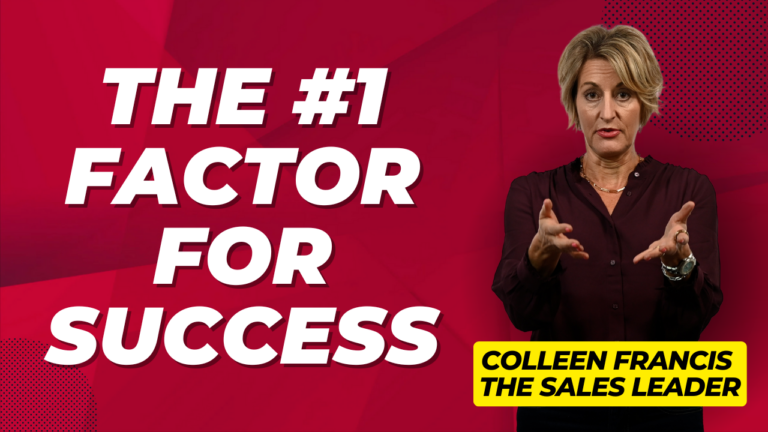Over-Communicating Is Never Frustrating
Think about yourself at an airport. What is more frustrating to you when your flight is delayed: when there is someone behind the counter not saying or doing anything, or is it more irritating when they constantly announce updates even if it’s bad news? Over-communicating is, indeed, never frustrating. What’s frustrating is when you’re sitting at the gate with your arms crossed for an hour not knowing what’s going on. It’s the same with your customers. When you tell your customer that you’ll have information for them by a certain date, you need to call them back whether you have it or not. If there is a long delay, you need to send them a note explaining that it’s coming and what you’re doing to help move the process along.
Over-communicating with a customer helps the customer feel like you’re working on their behalf. When you under-communicate or don’t say anything at all, the customer assumes you are not doing anything. Utilize email, LinkedIn, text, phone calls, or in-person visits to communicate to your client what’s happening on a regular basis. When you accomplish that, the clients will feel good about the situation even if it’s a problem you are trying to resolve.
My Rule of Thumb: Three to Four Days
My rule of thumb when I’m working with a client is to never go three or four days without some kind of communication when we’re in the middle of an issue. For example, if I promise to send them a proposal, I’m going to communicate with them every three or four days until that proposal is delivered to them. Moreover, if I’m solving a customer service issue, unless I told them I will have an answer in 24 hours, I am going to keep communicating with them every three or four days to ensure that we are still working on it. If they placed an order with us and that order is going to take weeks to deliver, I am going to communicate and update them every three or four days. Indeed, in doing that, customers will feel good about the fact that we are working on their behalf. And, simply put, if I do nothing, they feel like I am doing nothing.




